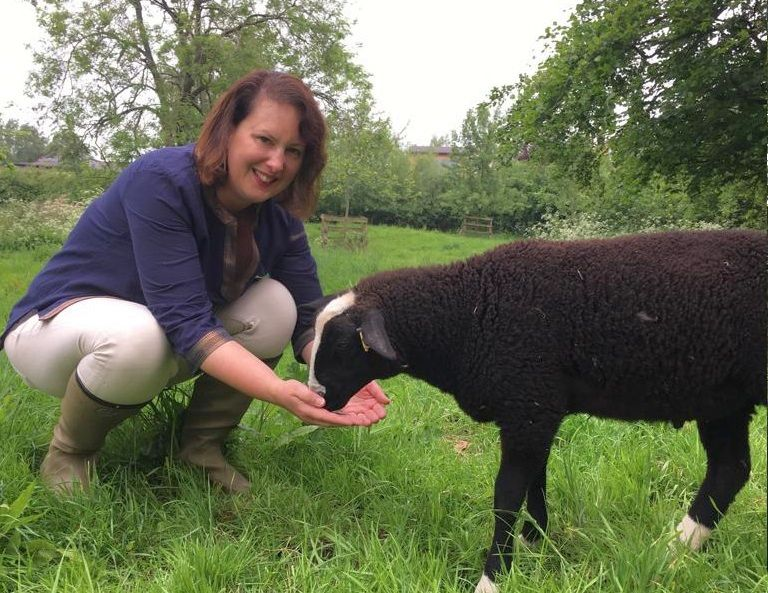
Earlier this October members of parliament voted on Amendment 16, tabled by Lord Grantchester, which would have required all free trade deals to only permit food imports that met UK legal standards to enter.
Despite the motion gathering a swathe of cross-party support from several rebellious backbench conservative MP’s, it failed to cross the line. Farming Minister Victoria Prentis (pictured, below) was quick to quash the idea that the Agriculture and new Trade bill could open the door for imports produced to lower standards than permitted by the UK to be “fear-mongering.”

She said; “We are not going to be importing chlorine-washed chicken or hormone-treated beef. That is the law of this land,” claiming that existing tools and parliamentary scrutiny would be sufficient in upholding the UK’s high environmental protection, animal welfare and food standards.
In contrast, Shadow Farming Minister Luke Pollard was quick to highlight the post-brexit risks of the deal to UK farmers. He put forward that “if the Government are serious about keeping their manifesto promise to safeguard standards, they should put that guarantee into law.” Claiming that “Our farmers risk being undercut by cheap imports from abroad within months,” whilst highlighting the high degree of support across the country from UK farmers.
In late October both Wiltshire’s and Melton Mowbray’s farmers were out in full force to protest the lower standard imports. With Liz Webster, founder of Save British Farming, stating that “Wiltshire is a county built on agriculture and MPs should be voting to back rural communities, not sell us down the river to see low quality, foreign produce decimate British farming as happened to British coal and steel in the 1980s.”
Whilst the concerns of the UK’s farmers truly hold a lot of weight, the bill stands to disrupt a post-brexit deal with the US and is likely the rationale behind denying the motion. However, one thing, remains for sure, even if there were to be a flood of cheap exported meat, Great British brands like Melton Mowbray’s pork pies and Wiltshire’s Downland produce are here to stay.
When we speak with our clients they say “it is for us the the food producers to provide the quality at a price which the consumer accept that will safe guard our industry, rather than trade barriers. There is no substitute for well run efficient farms with high quality standards.”

We are not going to be importing chlorine-washed chicken or hormone-treated beef. That is the law of this land